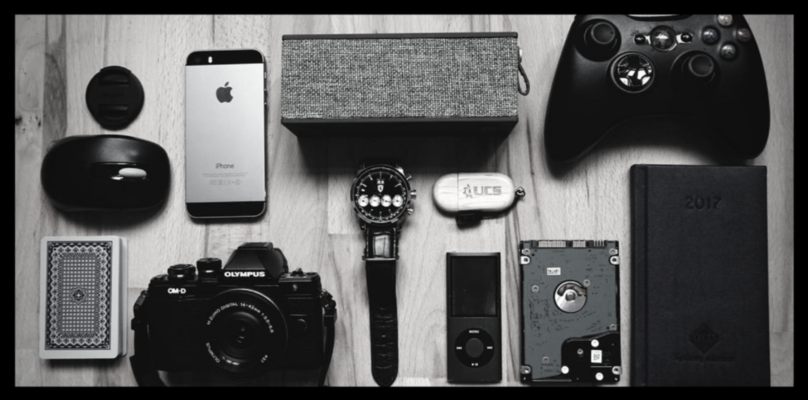IoT and Security: Could Blockchain Be The Answer?

The internet of things is already a massive part of people’s lives and it’s only going to further enmesh itself into daily routines. If you think that the IoT still hasn’t crawled into your life, then all you have to consider is whether your car is linked to your phone, or whether your TV is capable of streaming directly from Netflix. These small, yet useful tools make routine easier and faster.
When the IoT is discussed, it’s predicted to impact three areas: domestic (connected homes), automotive (connected cars), and personal (connected self). This will bring on a whole new era of possibilities, with new means and ways of gathering data.
Connected homes will offer remote control through apps for appliances/utilities that are connected with the user and offer real-time changes and adjustments. Connected cars will have active connections for GPS, traffic updates in real-time and efficiency while syncing up with phones. Finally, the connected self, links phones, tablets and watches to track health, schedules and social life among other aspects.
But how does the blockchain figure into all of this? Late last year we discussed the IoT and the wave of security threats and breaches it brings (The Internet of Things: Hackers Attack). This is the area where the blockchain will have an impact.
A quick overview of blockchain
We’ve discussed the origins of bitcoin and blockchain in a previous article (What is a Blockchain? Origin, Definition, and Present Trend), but for the purposes of this post, we’ll give you a quick overview of it. In layman’s terms, blockchain is simply a digital chain of records with permanent record blocks (links) in the chain. That relies on the previous link to complete its record and it is also publicly inspected by a network of machines. Even though it relies on public vetting, the system functions through a one-way encryption method, but the data remains proprietary and secure. Due to this system, it finds itself at the forefront of the cryptography arena because of its chained requirement between blocks (no previous records can be changed without detection making it permanent) and also because of the public nature of vetting (with data being transparent any attempts at hacking will be noticed immediately).
For the market to truly embrace the IoT, transparency and permanence is critical. Due to security risks posed, protocols and processes that can verify and keep up to speed with the myriad of transactions is essential. This is where blockchain comes into play. It allows for all elements to exist in ways that minimizes resources and is easy to use. In the blockchain arena, there are currently several projects and initiatives to push the system even further in terms of efficiency.
Due to its autonomous and decentralised capabilities, the blockchain makes for an ideal candidate in becoming an intrinsic element of IoT solutions. For example, by taking advantage of the Blockchain model, message exchanges between devices can be done in the same way financial transactions are done in the bitcoin network. As the blockchain keeps an indisputable record, it enables independent functioning of smart devices without having to have a central authority.
IoT capabilities
The most exciting capability relating to the blockchain is the ability to maintain a totally decentralized and trusted account of all movements happening in the network. This allows for the enablement of many regulatory requirements brought about by industrial IoT applications.
Furthermore, a great real-world example of how the blockchain will impact IoT positively would be to look at ID’s. When it comes to official records, authenticity of identification is absolutely critical. With false records still remaining a major concern of authorities, the blockchain platform can help create a new form of identity. This new form could add a dLoc sticker made up on UV print, tiny chip, micro text or a latent image linked to a unique ID only known and recognised by the issuing authority. This data could be then used to verify legitimacy when linking with IoT devices across the government spectrum, including hospitals, etc.
It’s clear that the blockchain can integrate more or less perfectly into the Internet of Things. With the advancements both in IoT and the Blockchain arena, our lives could change in the next 5 to 10 years, but only if our privacy and data is protected thoroughly. Blockchain is probably the answer.
Are you looking for a new position in the Salesforce or Dynamics 365 markets? Click here to view our live roles.
